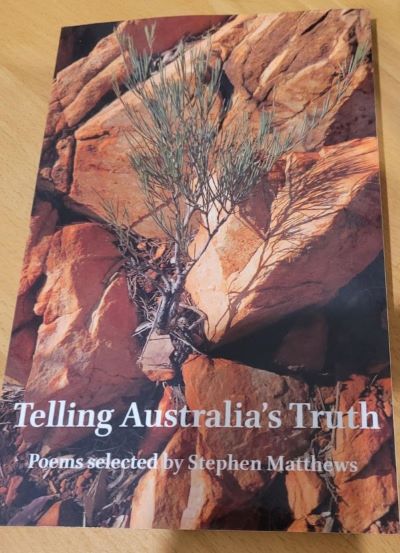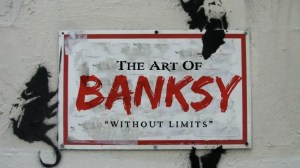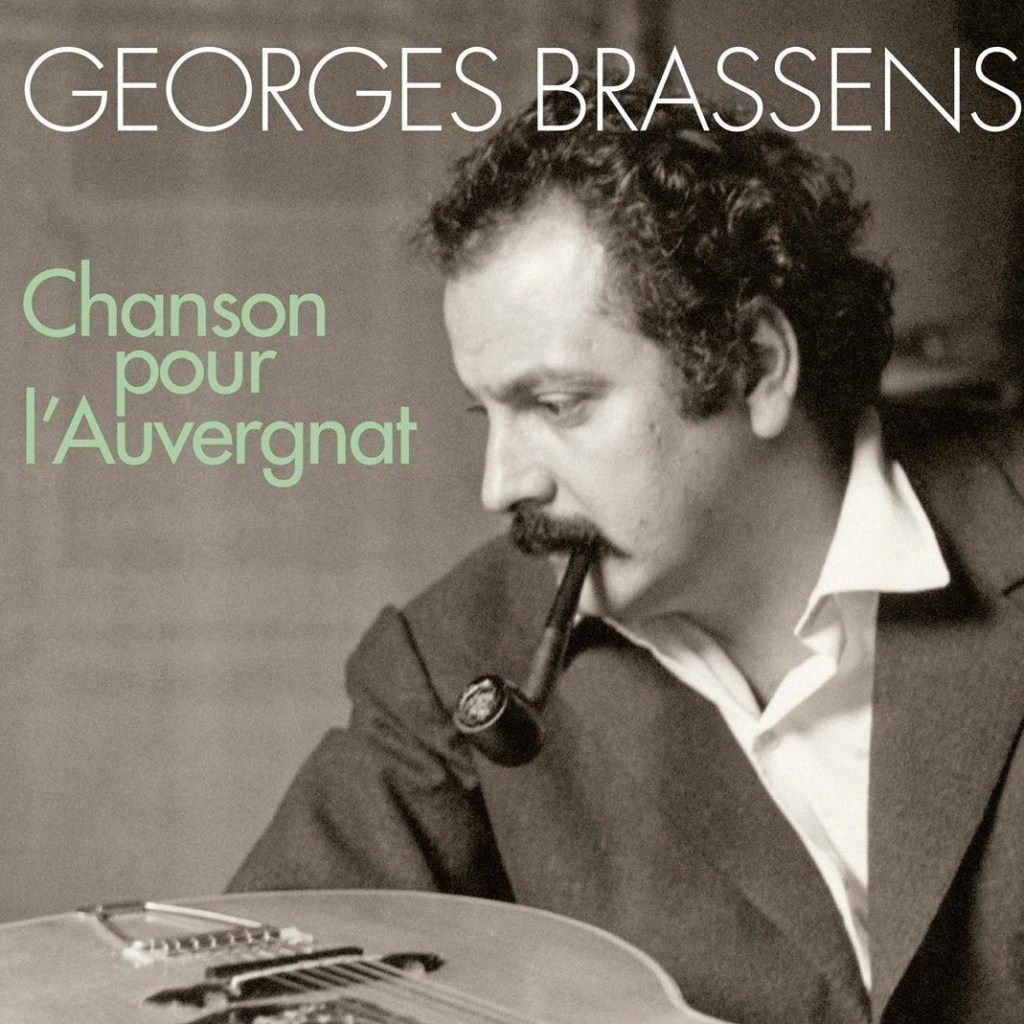by Anne-Marie Smith

Feel free to contact:Telling Australia’s Truth by Stephen Matthews at:
https://www.ginninderrapress.com.au
[D’après François Villon’s Ballade
‘Frères humains qui après nous vivez’, 1489]
Sisters among whom I’ve enjoyed living,
Those of you whose words I have read and heard,
Women who ponder the choices we have,
My daughters (and those later born of them),
Sisters be aware, you are role models
Forget the crude jests and crass abuses
That mocked you and your personal beliefs
The Uluru call was a people’s cry
Own your power and claim: kulila*!
People, be humane: listen to the voice.
Australians, your First Peoples have spoken
Asking for their growth to be supported,
Calls for survival have remained unheard
Can’t we offer them the chance of progress?
Ignore the put-downs rebukes and the likes
Yesterday we closed and maintained silence,
We switched off the news, respecting elders
Let’s be heard again, speak for a fair go!
Grant the First Peoples what they ask: be just!
People, be humane: listen to the voice.
And you good reader, wishing to alleviate
The First People’s needs in healthier days,
You who plan ahead devising programs
For a better life, take a step: be kind!
People, be humane: listen to the voice.
*kulila: means ‘listen!’ in Pitjantjatjara language in the APY lands
Feel free to contact Telling Australia's Truth by Stephen Matthews:
https://www.ginninderrapress.com.au







You must be logged in to post a comment.